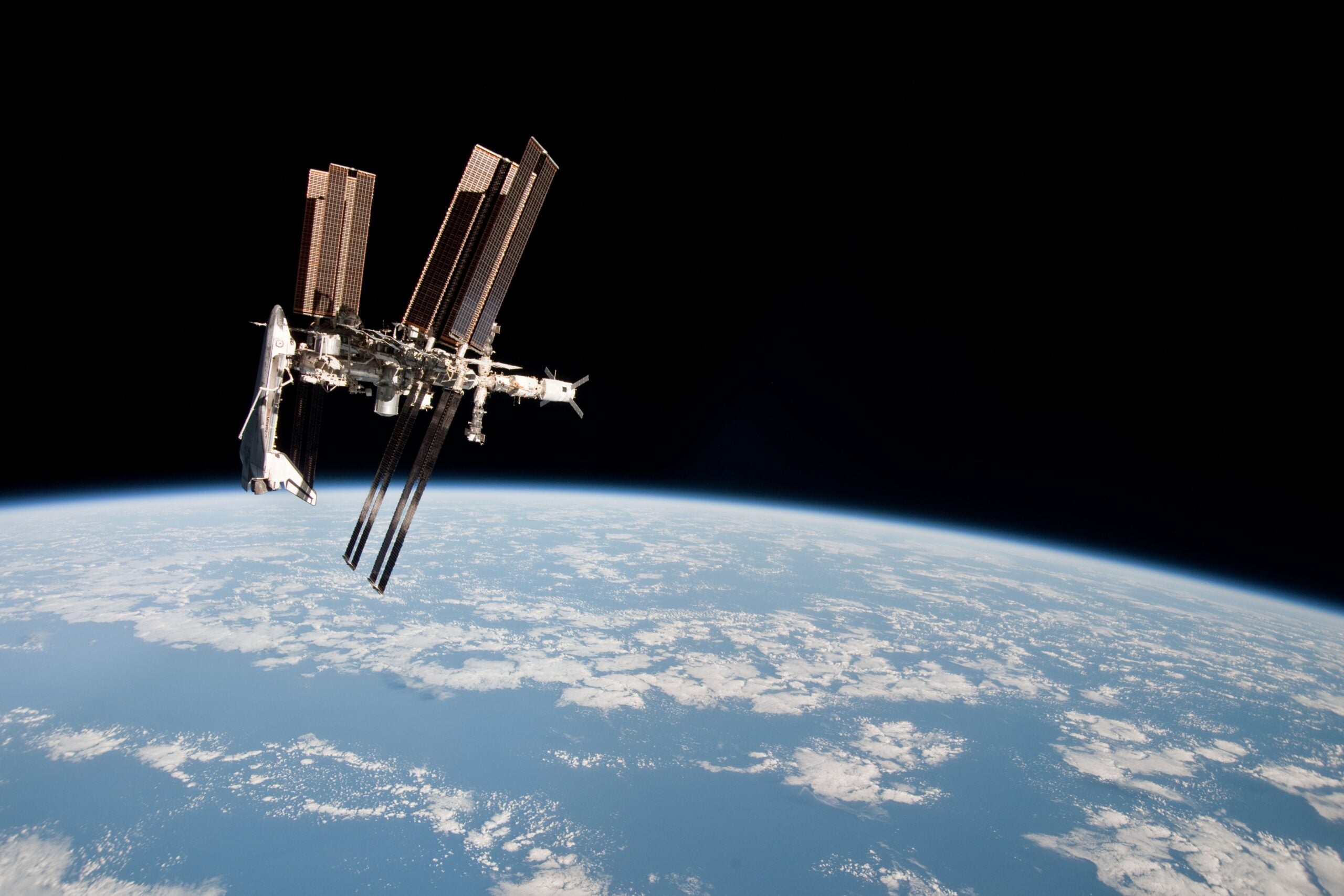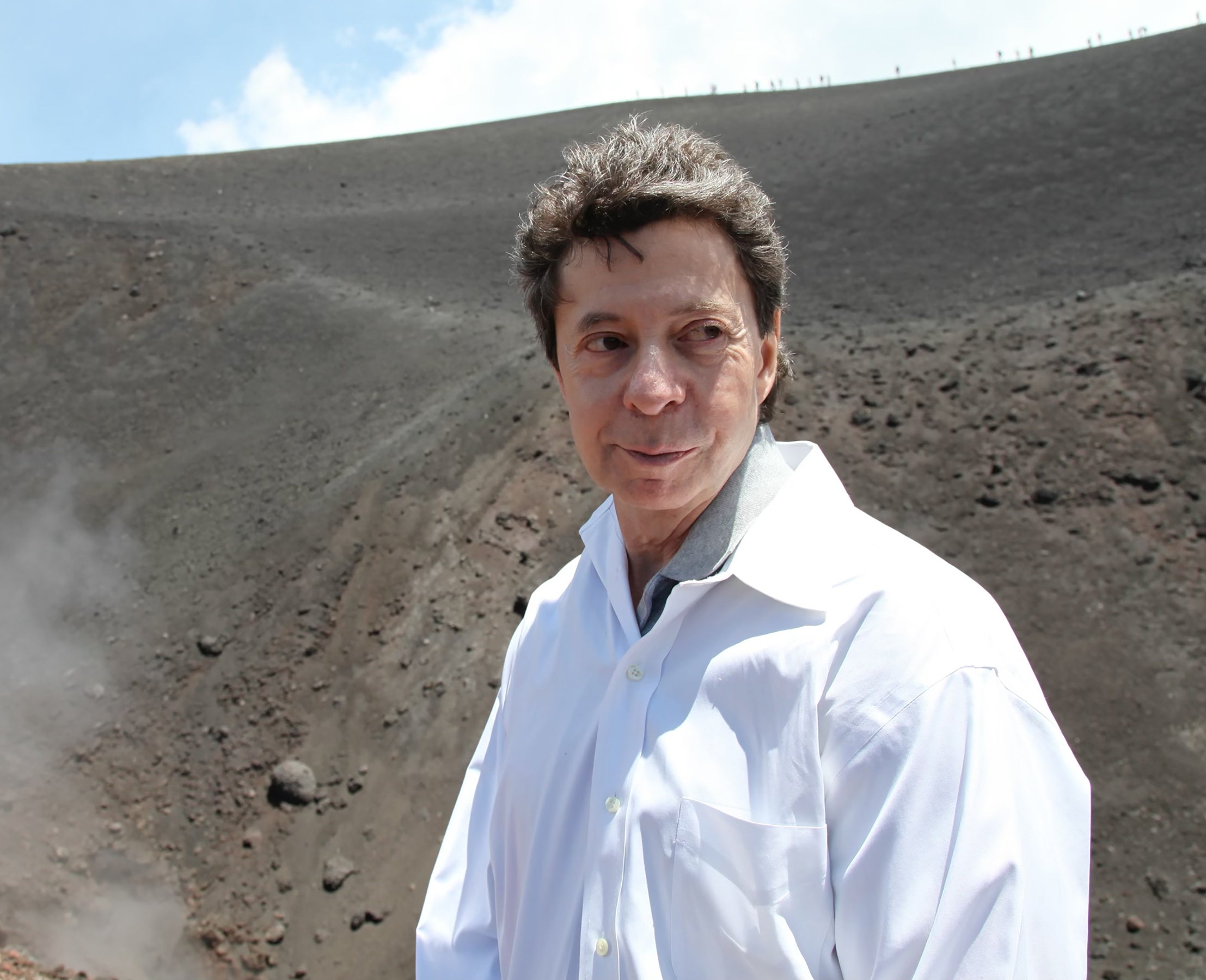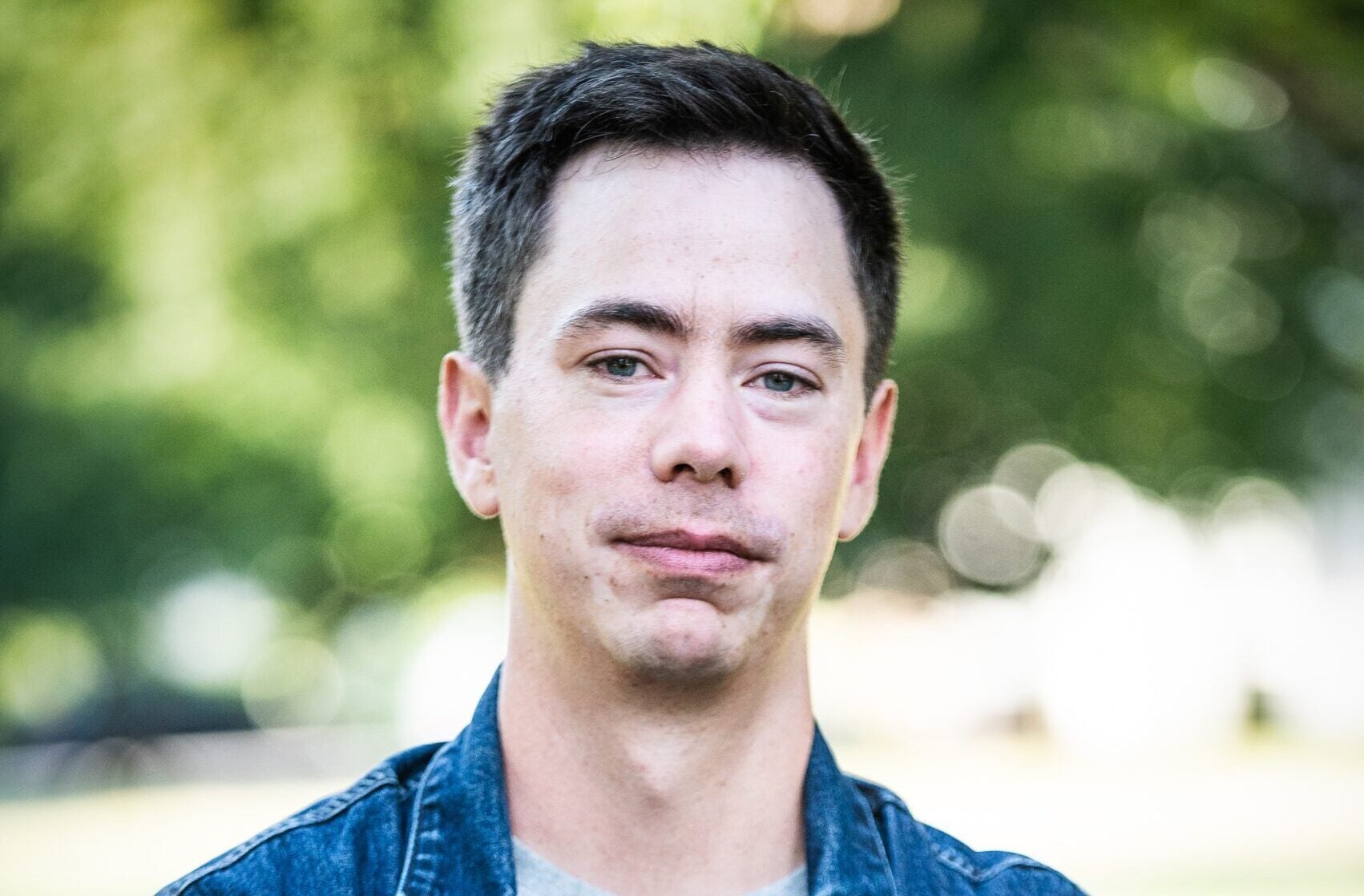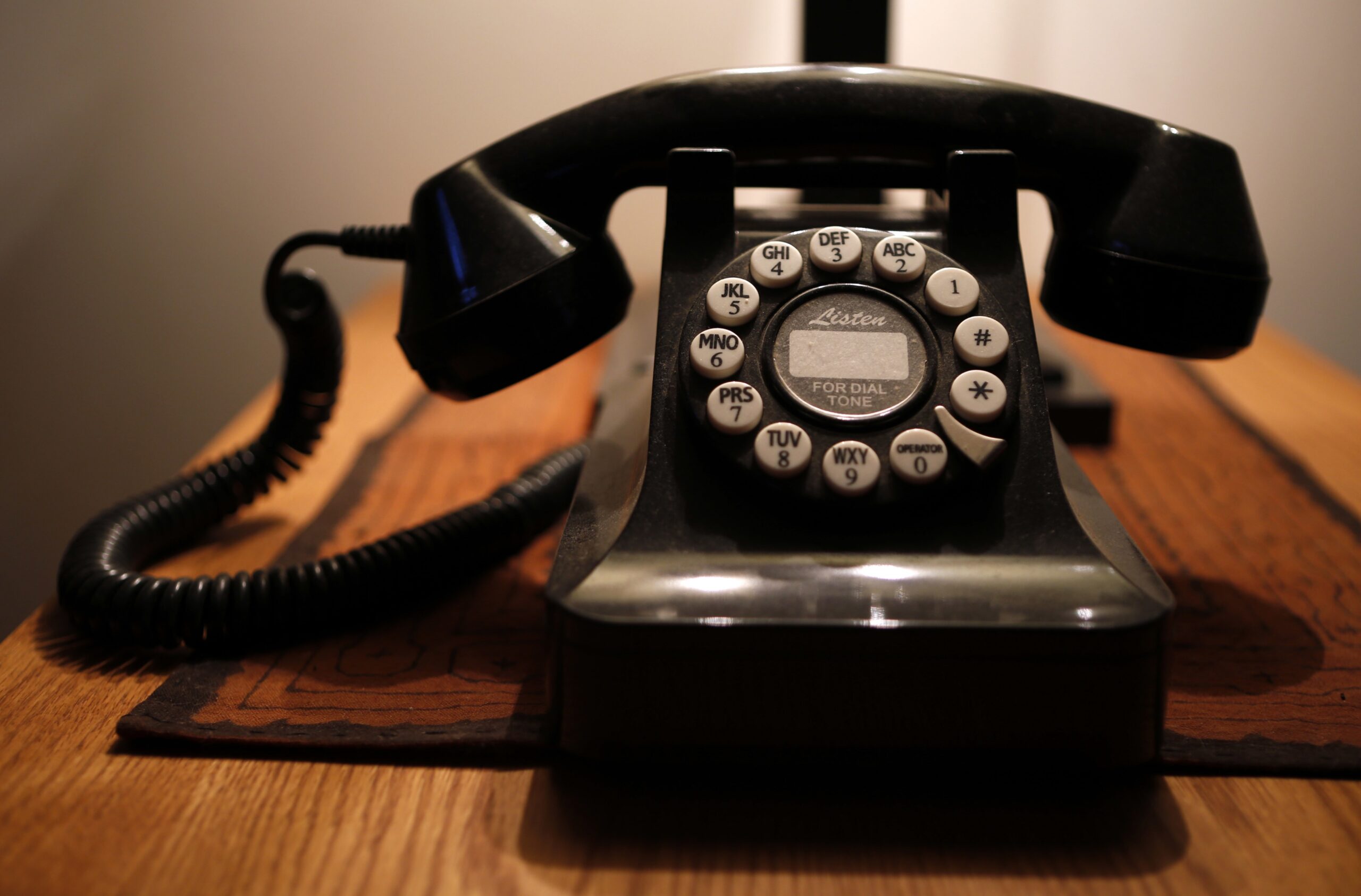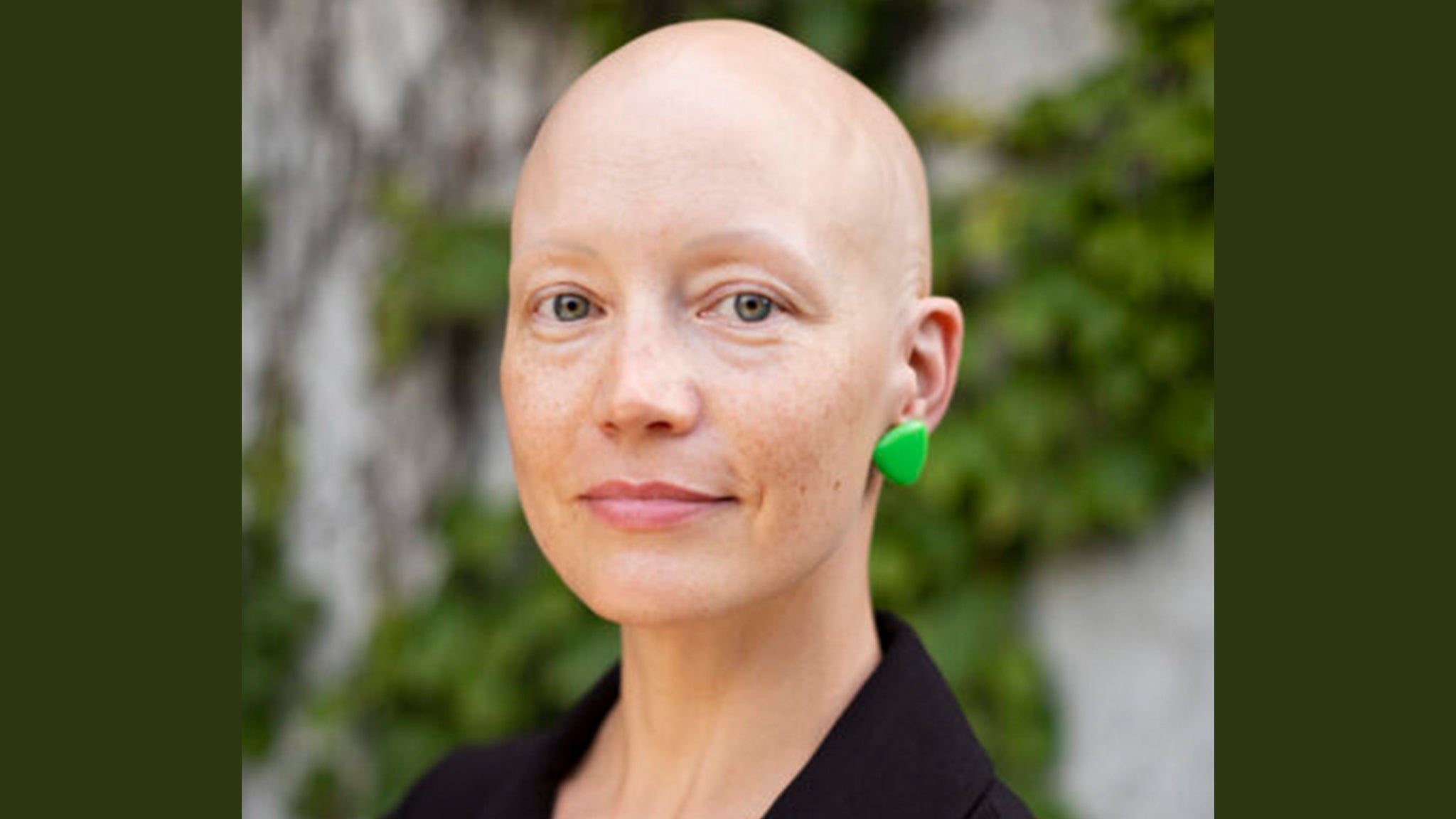In his new novel “Seveneves,” best-selling author Neal Stephenson blows up the moon.
No spoiler alert needed, that happens in the first line of the book.
That lunar destruction kicks off a chain of events that will leave the surface of the Earth uninhabitable, giving humankind about two years to establish a viable colony in orbit.
Stay informed on the latest news
Sign up for WPR’s email newsletter.
Stephenson, whose books include “Snow Crash,” “Cryptonomicon,” and “Anathem,” said his challenge in this latest book is to figure out what the species could do to keep itself alive “if the starting gun went off today and we had to organize all of that in a short period of time with the technology, the rockets and so on that we actually have available to us today.”
He said one key to survival in orbit could be to make use of asteroids and comets for shelter and resources. He said that the real world is in the early stages of doing exactly that, with companies like Planetary Resources in Seattle in the survey phase for potentially useful materials.
“They’re figuring exactly what’s out there and what are the closest and easiest-to-reach targets that they might be able to go after,” Stephenson said. “Once that is known, the next step is hopefully going to be to be going out there and making contact with some of this and trying to use them for something practical.”
While life in orbit is possible and potentially sustainable, Stephenson said it wouldn’t necessarily be very appealing to most current residents of Earth.
“The thing that has to be understood about space travel is that it is a very confined and, for most people, potentially claustrophobic kind of environment,” he said. “You had better be comfortable with the idea of living in closed spaces for a very, very long time.”
Stephenson said women might be better suited for those and other challenges, and that’s reflected in the key role female characters play in “Seveneves.”
“There has been some research about this suggesting they’re at least as well-suited, if not more so,” he said. “Psychologically, for whatever reason, whether you consider it to be cultural training or an inherent feature, they seem to be better-suited to live in a limited area over a long period of time. I’m generalizing, but this is research that’s supposedly been done by NASA and other space agencies over the years.”
Privacy would be rare to nonexistent in an orbital habitat, and it would be difficult to arrange personal encounters and intimate moments. Stephenson said that would raise a lot of questions that an orbital society would need to solve.
“Would you come up with social conventions to allow you to have some semblance of a normal social life?” he said.
Later in the book, Stephenson introduces the concept of Amistics, the notion that we should consciously pick and choose what kinds of technology are appropriate to our lives and societies. He said the idea originally came from Kevin Kelly of Wired magazine, who observed that Amish societies don’t reject all modern technology, but accept or reject technologies based on their social impact.
Stephenson said social media is one example of Amistics in action, in his book and in real life. While it’s in common use in the early part of the novel, later human society looks back on it as a misplaced priority, and largely a waste of time. That question has real-world resonance for Stephenson.
“Everyone I know who uses it, they spend about equal time using it and agonizing about how much they use it,” he said. “So we’re all kind of self-aware of how addicting it can be and how much time we can spend on it.”
In the end, Stephenson’s characters start to turn from the question of how to stay alive, to why.
“These people have seen their planet blown up and they’ve spent thousands of years clawing back from it, and they haven’t had a lot of time pondering the big questions. It’s more like, ‘How am I going to survive today?’” he said. “It’s natural for them to ask themselves, ‘What happened, why did it happen, what’s the point of it all, what’s the purpose?’”
Wisconsin Public Radio, © Copyright 2025, Board of Regents of the University of Wisconsin System and Wisconsin Educational Communications Board.

